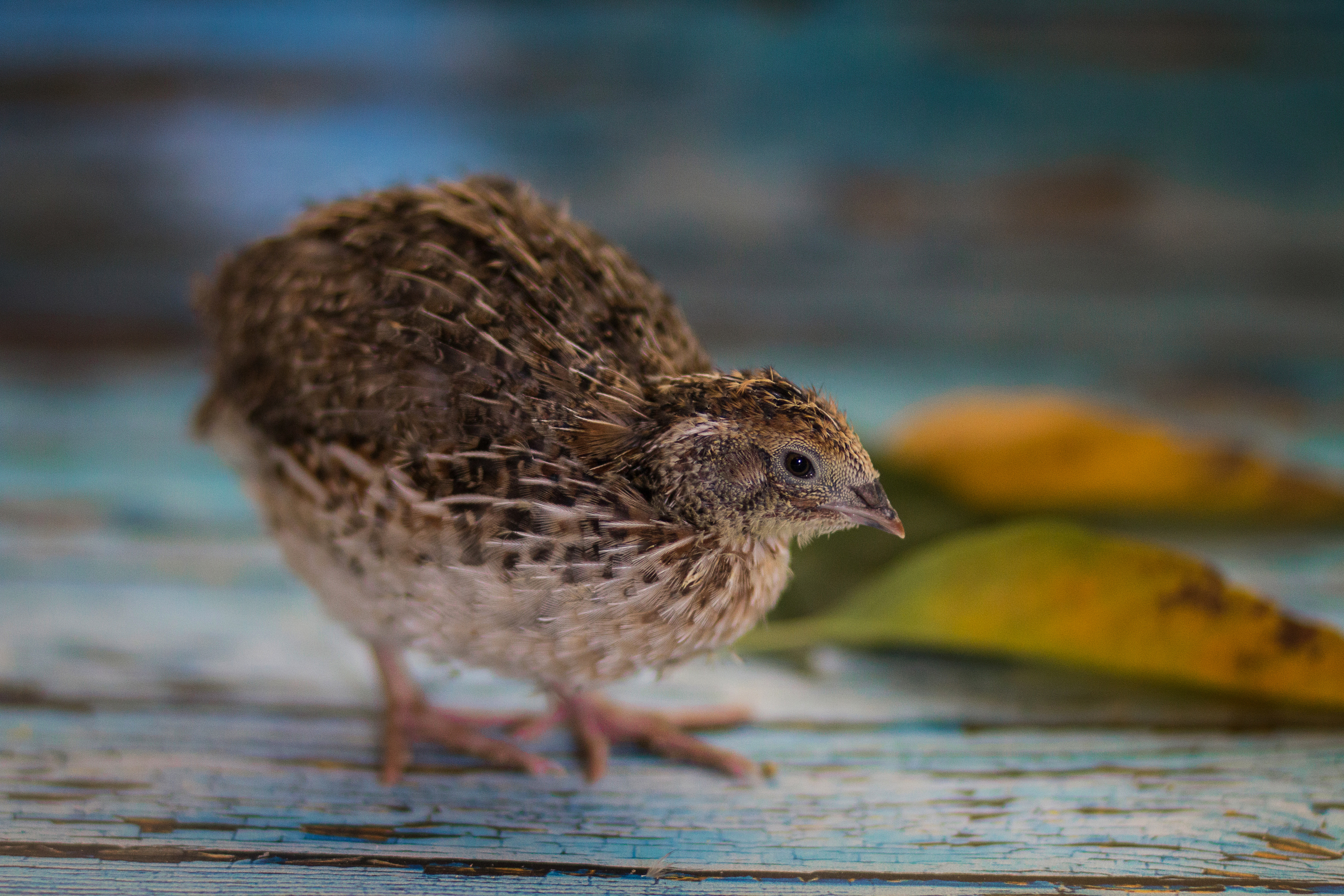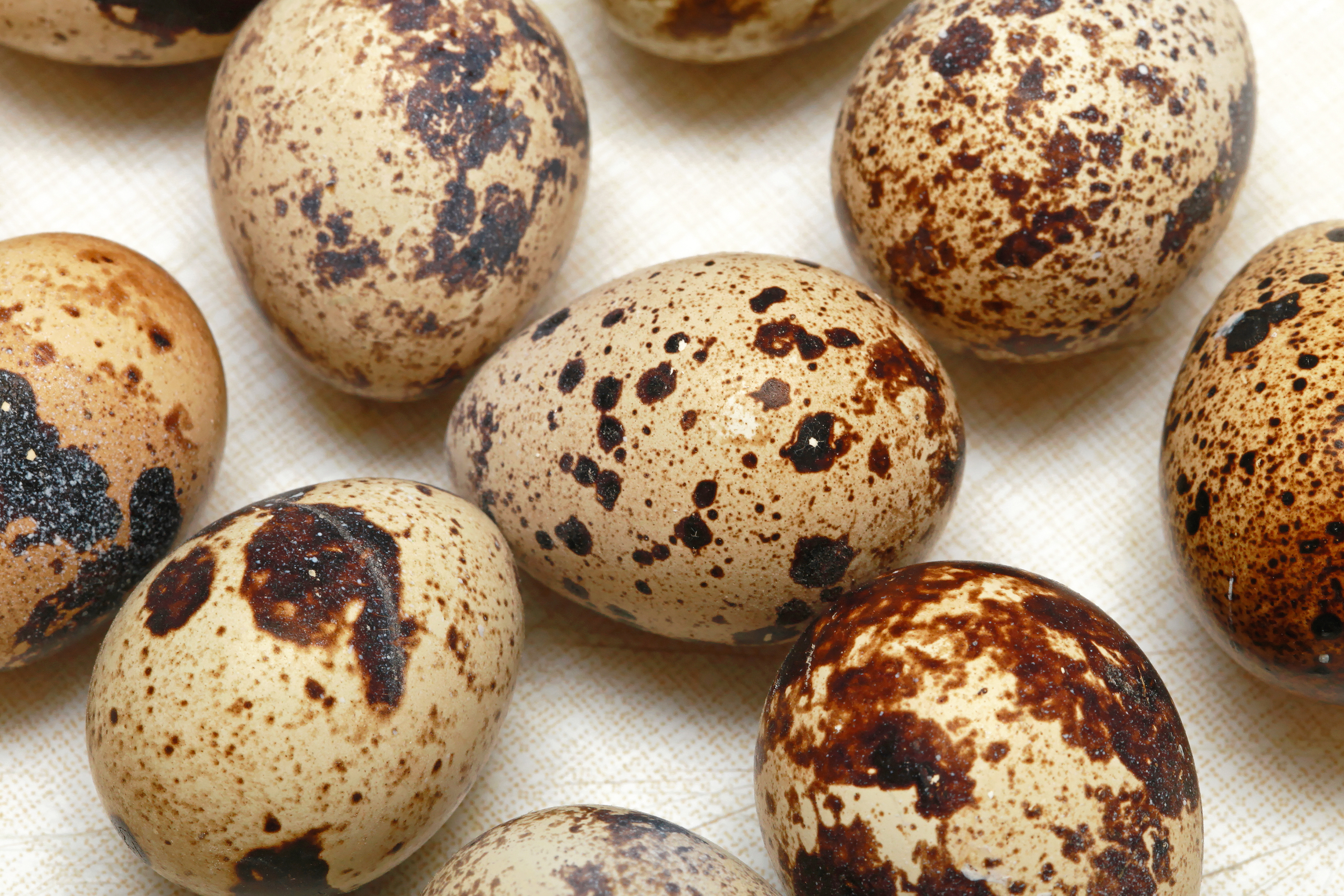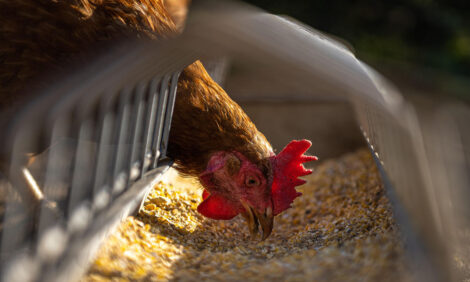



Starting out with Japanese quail
Small and hardy, and a perfect fit for health-conscious consumers, quail can be an attractive alternative for business-minded Canadians thinking about setting up in poultry – as long as you know what you’re getting into.The formal introduction for quail – a member of the Phasianidae family of the order Galliformes of the class Aves of the animal kingdom – is a very large and clunky title for a rather tiny bird. But even though they are small, their need for care and attention should not be underestimated when it comes to embarking on a farming venture that has these birds at its core.

Basic facts about quail
- They are hardy and generally disease free.
- They are small – approximately five quail can be raised in the same space required for one chicken.
- Comparatively lower feed costs are associated with quail than with chickens or other poultry birds.
- They are fast growers, gaining maturity quicker than any other poultry birds.
- They will begin laying eggs by their sixth or seventh week of age and can lay over 300 eggs in their first year of life.
Health benefits of quail eggs
The market for Japanese quail (Coturnix japonica) has long provided developing countries with a stable, vitamin-rich source of alternative animal proteins that are low in fat content, plus eggs that contain 2.47 percent less fat than chicken eggs, all working together to boost the human immune system. High levels of phosphorous, iron and vitamins A, B1 and B2 all mean that quail fits nicely into society’s definition of what constitutes healthy diets and lifestyles.
Helmut Buchholz and his family own and operate Hidjak Quail Farm, a commercial Japanese-quail-egg producing operation in south-eastern Manitoba, Canada, housing 500-600 quail hens, each producing an average of one egg per day. When the family transitioned from hobby farm to registered business in 2016, Helmut learned first hand about the benefits of quail eggs for the immune system. He began to partake of four raw eggs each morning, as he had been told they would supply all the vitamins and nutrition he required. “It’s true, 100 percent. Since then, I don’t need any supplements,” he says. “Chicken eggs always have a risk of salmonella. I would definitely recommend people use quail eggs, especially since they don’t contain salmonella and can be a huge health benefit when eaten raw. For heavy sports, lots of people take protein shakes with raw eggs. This is a perfect supplement.”
Minimal labour and low disease risk
Today, Helmut hatches his flock of combined breed Japanese quail twice a year to keep his stock fresh, choosing to add bigger, healthier and superior-looking birds rather than purchasing only purebred or registered animals. The farm now supplies eggs to 11 different stores in the city of Winnipeg, while all the male birds are butchered for meat.
Concerning the infrastructure, capital and labour required for someone entering the Canadian industry, Helmut says that quail farming requires a smaller amount of investment, mostly because of the reduced space required. “We have 60 acres, but it could be done with as little as two acres.” He added that while their cages were custom made, the birds could be kept in a bigger open pen with room to walk and fly around. “It’s recommended either 10 inches or 6 feet high for ceilings. If it’s something in between, especially with a hard ceiling, they could fly up and break their neck.”
Regarding labour, Helmut explains that it is not overly time consuming to take care of the flock as the family only spends about one hour per day feeding and collecting eggs, plus two hours to clean the barn once a week. “My wife takes care of the eggs, washing and packaging them. It takes her about two to three hours a week,” he says.
Helmut explains these diminutive birds are hardy and disease free, having no need of antibiotics, although they feed a medicated chick-starter for the first three weeks of life. Due to this hardiness, he doesn’t hesitate to show off his facility to guests, claiming biosecurity is not a concern. “We have had no issues since the first day,” he said.
Quail are largely unregulated in Canada
Currently, Canada does not have government regulations specifically for raising Japanese quail. With the absence of significant problems among the limited number of operations throughout the country, individual producers remain virtually unregulated.
And just as the Canadian industry is regulation free, there are also no marketing boards, supply-management systems or quotas – but there are opportunities. Buchholz explains that they still do their own marketing, although they have hired a distributor to get the product to the stores.
“Marketing can be hard. More working from store to store,” he says. Whereas in the chicken industry, producers create contracts with the packing plants and integrators, there is nothing similar in Japanese-quail production. Contracts, such as they are, are made directly with retailers.

Just like any new market opportunity, raising Japanese quail does require a certain amount of acquired knowledge, both for the birds’ specific requirements and the infrastructure and equipment needed. But there are extended opportunities beyond the basics, including the sale of live chicks, fertilised eggs, or value-added offerings such as pickled or boiled eggs. The edible products are widely described as brain food due to their exceptional health values.
When I ask whether Helmut would recommend newcomers begin raising Japanese quail, he answers quickly: “Yes, but they have to be prepared to do it from egg to egg. From shovelling manure to getting into the stores. Plus, you have to do your own marketing, packaging, design and labelling.”
He goes on to explain that he could double the size of his flock in three to four months if he wanted to expand the business, although at present, he balances his time by also working in the construction industry. “Production is easy,” he states, adding that for those who choose to expand their marketing and promotion efforts, there would unquestionably be increased benefits.
An emerging Japanese-quail venture in Canada can become a rewarding and profitable enterprise, but good care and management is a must. It’s a niche that doesn’t leave a large carbon footprint and if new entrants to the sector can combine a focused knowledge base and realised marketplace with a smaller infrastructure investment and strong personal initiative, chances are excellent that the end result will be a thriving operation.









